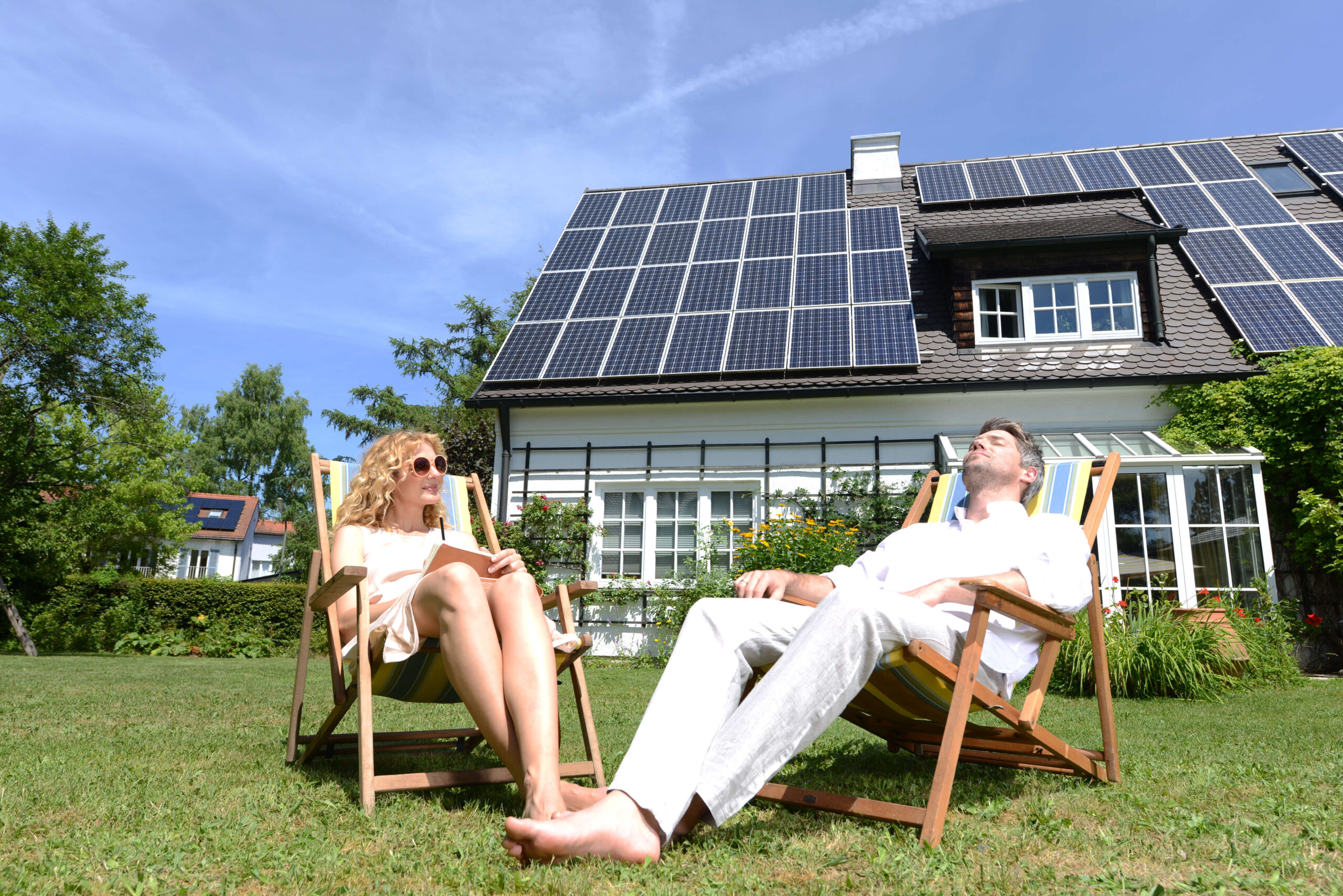Hodge research shows we’re changing the way we run our homes in light of the energy crisis. But how much are we saving by making these cost reducing changes, and are they the best ways to save?
New Hodge research found nearly 70% of us are changing the way we live to save money.
The most popular energy reducing actions centred around turning things off, for example, unnecessary lights, taps when washing our hands or brushing our teeth and electrical items like chargers and kettles.
The average new unit rate in October 2022 will be 34p per kWH with the energy price guarantee in place. With the rates increased, are the changes we’re making reducing our bills the way we want them to? And if not, what could save us more?
Our Hodge research found:
86%
are turning off unnecessary lights
65%
are turning off water when washing hands, shaving, brushing teeth
53%
are having shorter showers
58%
are unplugging unused electrical items
Turning off unnecessary lights
What’s the saving:
The type of lightbulb will determine the cost. In October 2022, it cost 34p per kWh of electricity. So a standard 60 watt bulb will use around 34p per hour and a 18W LED around 6p per hour.
Can I save more?
Turning off lights is a great and green habit to have. And if you aren’t using them already, switching to energy efficient LED light bulbs will save you money in the long term.
Saving water
What’s the saving:
More than half of fuel bills are spent on heating and hot water in a typical UK household. Water bills have also increased in 2022, varying in cost depending on location. Making a conscious decision to reduce the amount of water you’re using, particularly hot so you aren’t using as much gas or electric to heat the water, will help reduce bills.
A running tap can use six litres of water a minute. A 10-minute shower can use 100 litres of water. By turning off and cutting down you could save 100s of pounds each year.
There are a number of’ water saving calculators online which can calculate how much water you’re using and show you ways to save.
Can I save more?
Running your appliances efficiently – such as making sure you have a full load before running the dishwasher or washing machine – will save on the amount of water you use, but also lower your energy usage.
Most water suppliers provide help for vulnerable households. Check with your supplier if you’re struggling to pay water bills to find out what support is available.
Unplugging unused electrical items
What’s the saving:
You may have heard the recently coined phrase, ‘vampire appliances’, aptly named as they drain power when left on standby.
Turning off a TV by the plug rather than leaving on standby for example, can save on average up to £16 a year. Whereas a mobile phone costs around £0.01 to charge. So depending on the device, the savings will vary drastically. Its best to disconnect chargers, and turn off games consoles, computers and monitors when not in use.
Can I save more?
Tumble dryers, ovens, dishwashers and washing machines are the most expensive household items to run.
While some of these, such as fridge freezers need to be switched on 24/7, you can make savings by keeping your freezer full means that it runs more efficiently as the temperature will fluctuate less, and making sure you don’t leave the fridge door open for long will help keep the temperature steady too.
Air drying clothes or using a tumble dyer to finish the drying of air dried clothes is a great way to reduce the use.
For washing machines, drop the temperature to 30°C, which will cut energy use by 38% on average compared to a 40°C wash. Washing at 20°C will use 62% less energy, according to consumer association Which?.
How can Hodge help?
Increasing energy costs are a major factor in the financial squeeze on households around the UK, with our findings showing nearly all those asked are concerned.
Business development director for Hodge, Emma Graham, commented: “It’s great to see people are making positive steps to reduce their energy consumption in response to this and, although in the grand scheme of things these small changes won’t make a big difference to bills, they will collectively make a big difference to the environment and hopefully our mental health as nation too, which has to be a good thing.”
The constant uncertainty around household bills and in the wider economy is also having a knock-on effect on how people are financing their homes, which is why now, more than ever, we believe our intermediary partners have a vital role to play in helping their clients through this financially fractious time.
Visit our hub
From a change in circumstance, to dealing with the cost of living, we know it’s better to have the facts to hand. Our hub is here to help if you, or someone you care about, is going through a tough time or even if you’d just like to be prepared.
his article is correct at time of publishing and for general information purposes only. We recommend you speak to a professional financial adviser for advice. You can find a financial adviser and further personal finance information at unbiased.co.uk.

